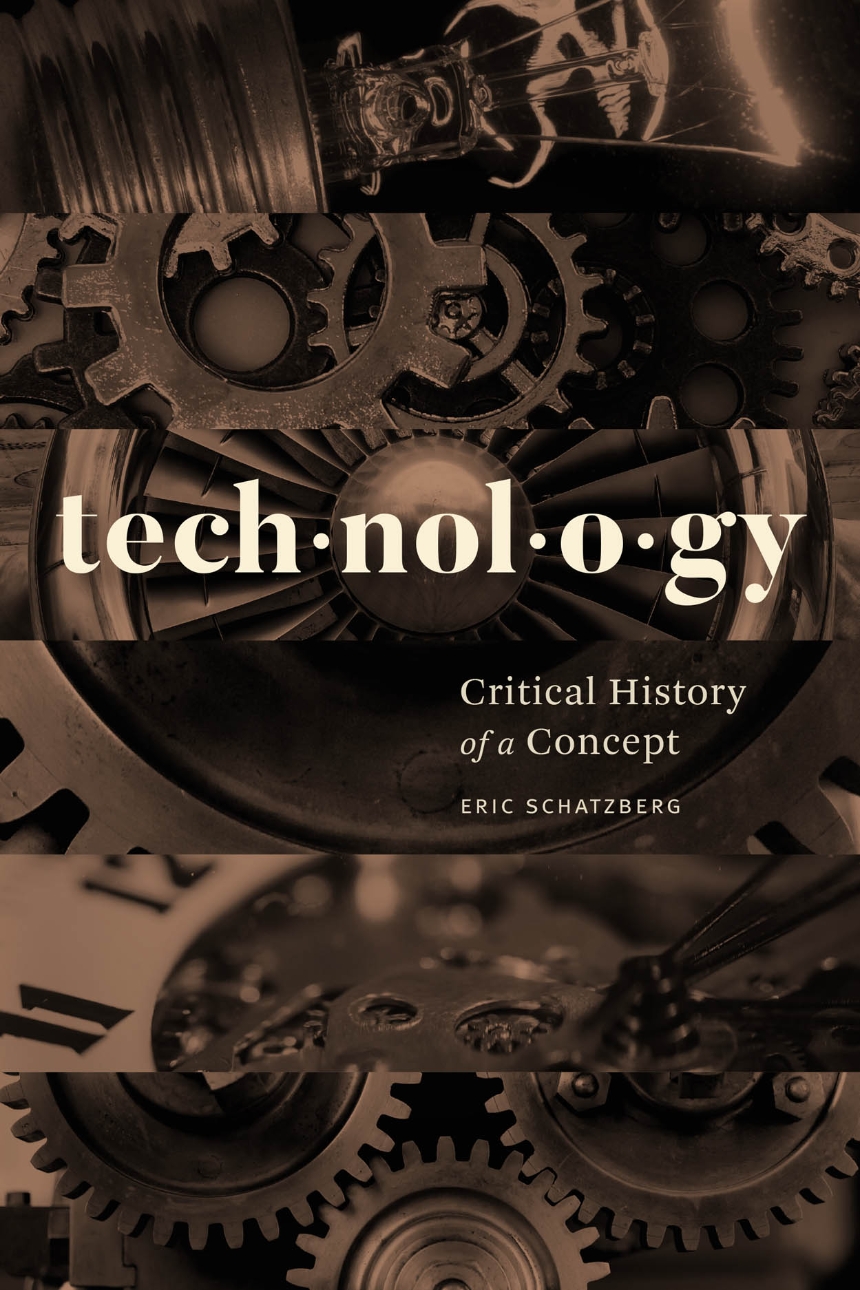Technology
Critical History of a Concept
The tension between scholars and technicians continued from Aristotle through Francis Bacon and into the nineteenth century. It was only in the twentieth century that modern meanings of technology arose: technology as the industrial arts, technology as applied science, and technology as technique. Schatzberg traces these three meanings to the present day, when discourse about technology has become pervasive, but confusion among the three principal meanings of technology remains common. He shows that only through a humanistic concept of technology can we understand the complex human choices embedded in our modern world.
Reviews
Table of Contents
1 Introduction: An Odd Concept
2 “The Trouble with Techne”: Ancient Conceptions of Technical Knowledge
3 The Discourse of Ars in the Latin Middle Ages
4 Natural Philosophy and the Mechanical Arts in the Early Modern Era
5 From Art to Applied Science: Creating a “Semantic Void”
6 Technology in the Nineteenth Century: A Marginal Concept
7 Discourse of Technik: Engineers and Humanists
8 Thorstein Veblen’s Appropriation of Technik
9 Veblen’s Legacy: Culture versus Determinism
10 Technology in the Social Sciences before World War II
11 Science and Technology between the World Wars
12 Suppression and Revival: Technology in World War II and the Cold War
13 Conclusion: Technology as Keyword in the 1960s and Beyond
Rehabilitating Technology: A Manifesto
Acknowledgments
Notes
Bibliography
Index
